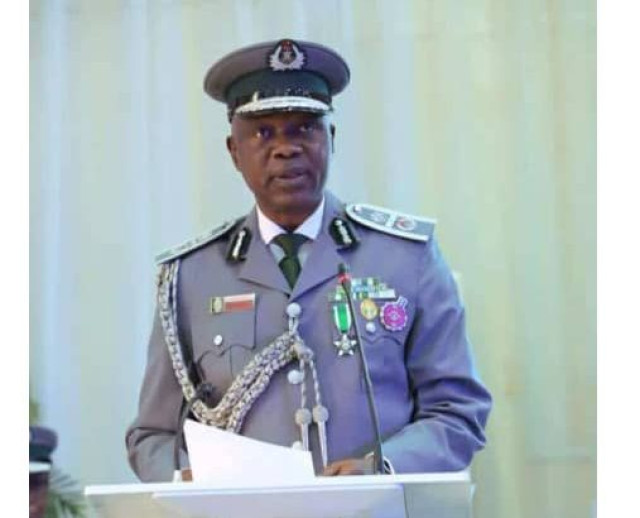The Comptroller General of the Nigeria Customs Service, Adewale Adeniyi, has revealed that vehicle importation dropped by 45 per cent in the first quarter of 2024 due to foreign exchange challenges in the country.
Adeniyi, who stated that during a recent interview with Arise Television, said that period was very critical for Nigerians and businesses in general because of the volatility in the exchange rates.
He was optimistic that things had started picking up in the second quarter of the year, saying, “But we see some relative degree of stability in the second quarter because there are lots of discussions going on.
"Some at the level of the National Assembly, most of them spearheaded by the Minister of Finance and Coordinating Minister of the Economy, bring on the stakeholders that are involved together, to ensure that we achieve stability.”
Giving an update on the private jet owners’ verification, Adeniyi said that a good number of private jet owners had started leaving Nigeria since the verification announcement was made.
He stated that the jets leaving did not want to be verified, noting that since the exercise started some weeks ago, only a few owners had shown up.
“Very few of them have shown up for verification and we gathered from intelligence that a good number of them have been leaving Nigeria since the announcement was given because they would not want to be verified,” he asserted.
According to Adeniyi, when you bring in an aircraft and you register, the next thing will be for the owners to come to Nigeria Customs and account for the customs duty if the jet is going to be used in Nigeria.
The CGC explained that the service started a private jet owners’ verification because more private jets were operating outside the ambits of the law.
“We have seen so many of these aircraft flying and our record tends to show that only a few of them have shown up to pay duty and this is why we are bringing this verification up,” he said.
The CGC stated that data obtained from the Nigerian Civil Aviation Authority revealed that, though many private jets were operating in the country, only a few paid Customs duty.
Adeniyi clarified that in 2019, the Customs Service generated N2bn from an exercise similar to the current one.
He mentioned that the data from the NCAA revealed that many private jets operating in Nigeria had not paid Customs duty.
According to Customs regulations, private jets in Nigeria are required to pay duty based on international aviation law.
The recent exercise aimed to identify those complying with the law and those operating outside it.
Adeniyi also highlighted the impact of fuel price disparities in neighboring countries, which he said had created incentives for smuggling.
He emphasized the Service's collaboration with other agencies to monitor fuel trucking in real-time and efforts to address the welfare concerns of their officials, including remuneration and working conditions




















